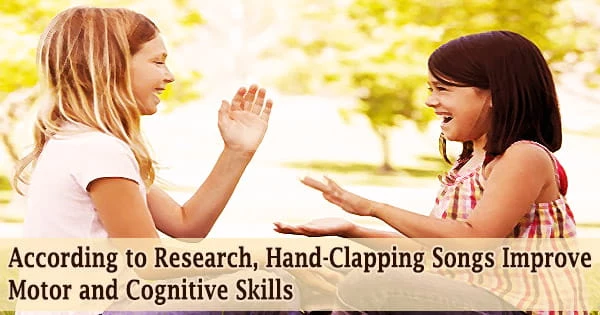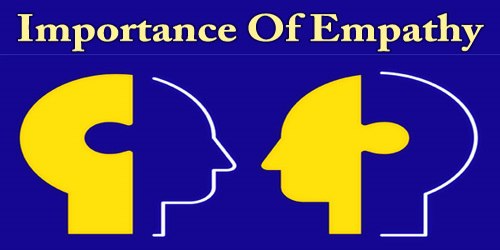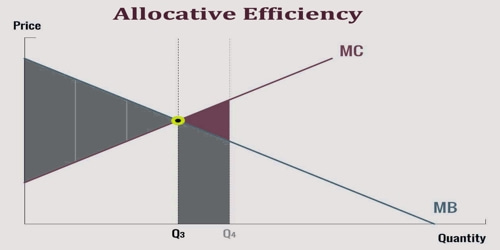The first study on hand-clapping songs was undertaken by a researcher at Ben-Gurion University of the Negev (BGU), and it revealed a clear link between such activities and the development of critical abilities in children and young people, including university students.
“We found that children in the first, second, and third grades who sing these songs demonstrate skills absent in children who don’t take part in similar activities,” explains Dr. Idit Sulkin a member of BGU’s Music Science Lab in the Department of the Arts.
“We also found that children who spontaneously perform hand-clapping songs in the yard during recess have neater handwriting, write better and make fewer spelling errors.”
Children who do not participate in such activities may be more at risk for developmental learning issues like dyslexia and dyscalculia.
Dr. Warren Brodsky
Sulkin’s findings led to the conclusion that “children who do not participate in such activities may be more at risk for developmental learning issues like dyslexia and dyscalculia,” according to Dr. Warren Brodsky, the music psychologist who supervised her Ph.D. dissertation. Such activities, without a doubt, train the brain and affect growth in other areas. Teachers feel that social integration benefits these youngsters more than those who do not participate in these songs.
Sulkin traveled to various primary school classes as part of the study and engaged the students in either a board of education-approved music appreciation program or hand-clapping song training, both of which lasted 10 weeks.
“Within a very short period of time, the children who until then hadn’t taken part in such activities caught up in their cognitive abilities to those who did,” she said.
However, this discovery was only discovered in a group of youngsters who were being trained in hand-clapping songs. As a consequence of the findings, Sulkin came to the conclusion that hand-clapping songs should be established a mandatory element of school for children aged six to ten, in order to improve motor and cognitive skills.
During the study, “Impact of Hand-clapping Songs on Cognitive and Motor Tasks,” Dr. Sulkin interviewed school and kindergarten teachers, visited their classrooms, and joined the children in singing. Her original thesis aim was to discover out why youngsters are so enthralled by singing and clapping up until the third grade when these activities are abruptly abandoned and replaced with sports.
“This fact explains a developmental process the children are going through,” Dr. Sulkin observes. “Around the age of seven, children’s hand-clapping songs begin to arise spontaneously in their lives, and then fade away around the age of ten. These activities serve as a developmental platform to boost children’s emotional, social, physiological, and cognitive requirements in this limited time frame. It’s a stage in their development that prepares them for the following level.”
According to Sulkin, no long-term research has been done on the impact of hand-clapping songs on children’s motor and cognitive skills. The link between music and intellectual development in children, on the other hand, has been thoroughly researched, motivating numerous parents to purchase a “Baby Mozart” CD for their children.
This study also shows that listening to Mozart music for 10 minutes (the ‘Mozart Effect’) had no effect on spatial task performance when compared to 10 minutes of hand-clapping songs training or 10 minutes of stillness.
Sulkin also discovered that hand-clapping musical activity had a good effect on adults: university students who completed her surveys stated that they become more focused and less stressed after participating in such activities. “These techniques are associated with childhood, and many adults treat them as a joke,” she said. “But once they start clapping, they report feeling more alert and in a better mood.”
Sulkin was raised in a musical family. Dr. Adi Sulkin, her father, is a well-known music educator who produced and distributed over 50 cassettes and tapes presenting Israeli children’s play-songs, street-songs, holiday and seasonal songs, and singing activities aimed at academic skills in the 1970s and 1980s. “So quite apart from the research experience, working on this was like a second childhood,” she noted.
















